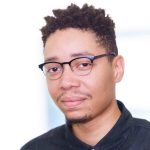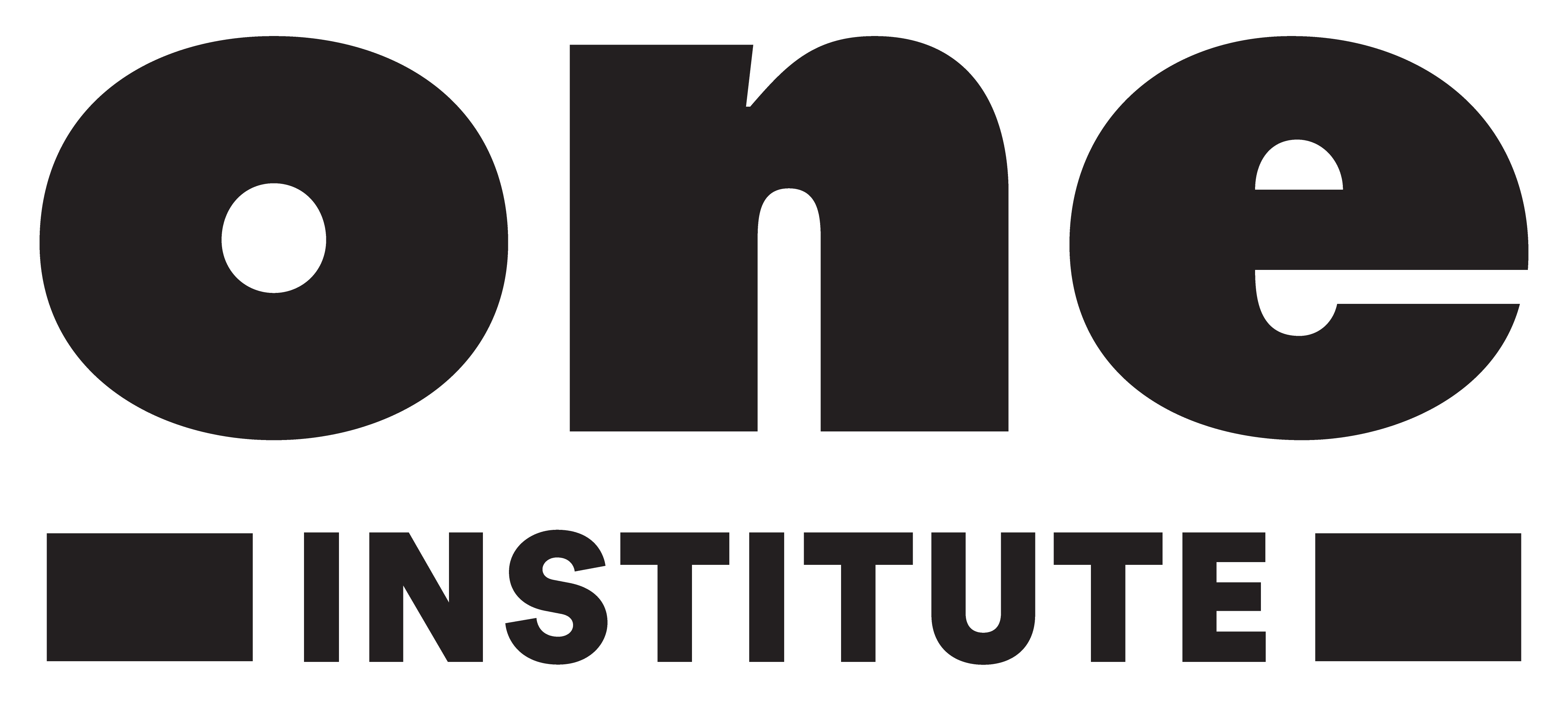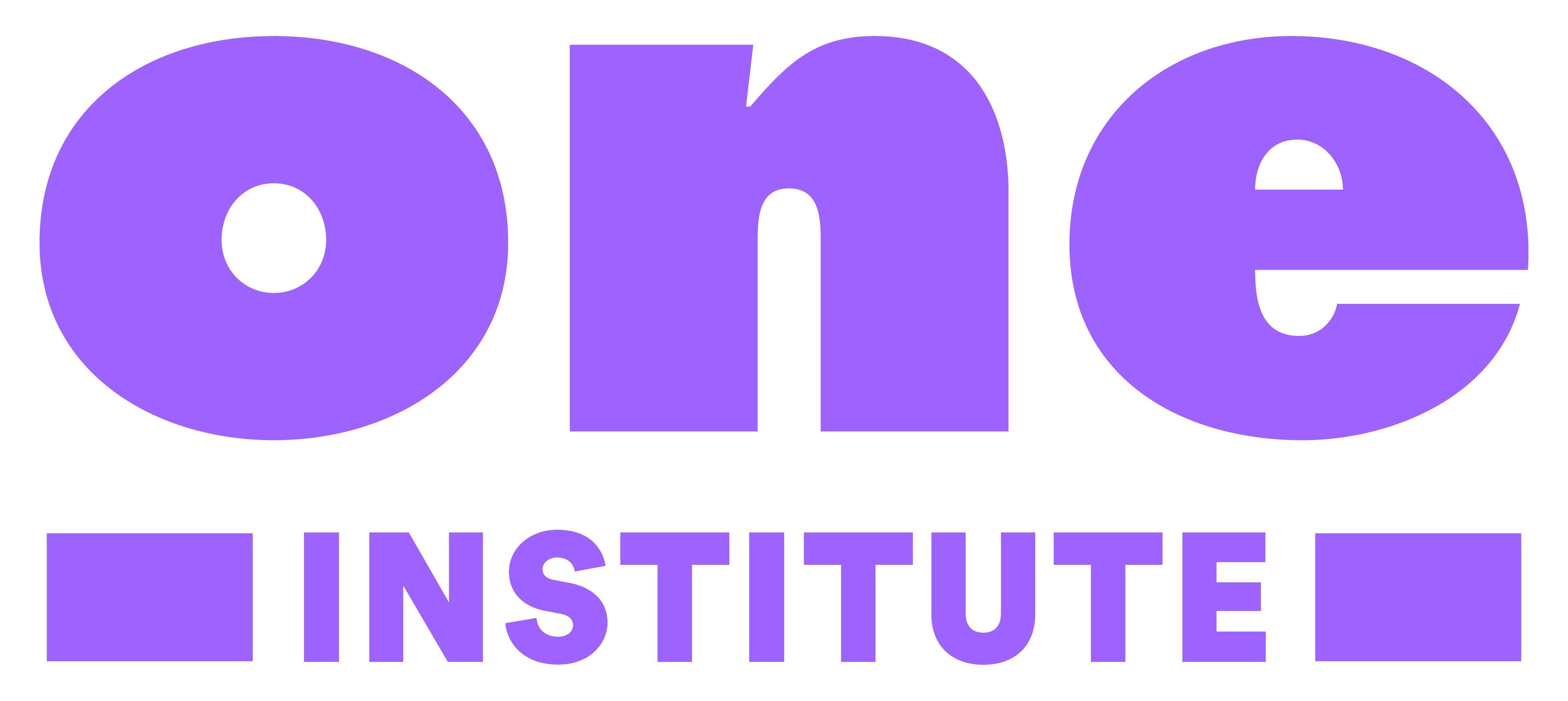Queer Visions of the Black Past: Black Gay and Lesbian Cultural Politics, 1970-1989
This article is authored by Kevin Quin, from the 2018-19 cohort of the LGBTQ Research Fellowship program at the One Institute.
My research examines the intersections between African American and LGBT history. At ONE Archives, I conducted research on a Los Angeles-based activist group called the Association of Black Gays (ABG). Founded in 1975 by Ron Grayson, the ABG was a collective of militant African American gays and lesbians who fought against racial inequality in L.A.’s gay community. Grayson and the ABG boycotted white-owned gay clubs and bars that denied entry to women and people of color and protested the police harassment of gays and lesbians. Moreover, Grayson and the ABG used the media to raise awareness of racism in the gay community. Grayson and the ABG led identity development workshops at local junior high and high schools, spoke on local television and radio broadcasts, and met frequently with then Mayor Tom Bradley. As one of the earliest Black gay activist groups, the ABG used a combination of grassroots activism, community outreach, and formal politics to advance the aims of L.A.’s Black gay community.
ONE Archives was the ideal place to continue my research on Grayson and the ABG. During my residency, I explored primary sources such as personal correspondences, newspaper articles, memos, and photographs using the ABG’s subject files. Upon delivery, I immediately noticed how thin the ABG’s folder was in comparison to larger folders that contained the records of more prominent individuals and organizations. The scarcity of documentation about Black LGBT activist groups such as the ABG caused me to question the absences and silences within institutional archives. The realization of these absences led me to search even wider through ONE’s holdings to look for more information about the political life of Grayson and the ABG.
To this end, I turned to larger collections for traces of the ABG’s activities. I discovered that prior to the founding of the ABG, Grayson had formed an organization called the Gay Community Mobilization Committee (GCMC). I explored the GCMC’s subject files and discovered that Grayson was involved with other radical queer activist groups such as the Lavender & Red Union. Expanding my scope also led me to consult the Pat Rocco Papers where I discovered that Rocco listed the ABG in a directory of LGBT outreach groups in L.A. Additionally, I investigated the Jim Kepner Papers where I found several journal entries and notes on conversations about racism in the gay community between Kepner and Grayson. The most interesting find, however, was audio reel tape recordings of Grayson conducting interviews with other local activist groups on IMRU, a community-sponsored LGBT radio station.
Although the ABG’s subject files were slim, I was able to successfully excavate their legacy by connecting threads of their activities as they appeared in other collections. Whereas I initially arrived with the intent to consult specific materials, I realized the importance of examining unlikely collections that possess sources that are critical to one’s project. As Historian Michel-Rolph Trouillot writes, “any historical narrative is a particular bundle of silences, the result of a unique process, and the operation to deconstruct these silences will vary accordingly.”[1]
Image Credits
Top image: Ron Grayson and Troy Perry at an LAPD protest, c. 1975. Pat Rocco Photographs and Papers, ONE Archives at the USC Libraries.
Footnotes
[1] Michel-Rolph Trouillot, Silencing the Past: Power and the Production of History (Boston, Massachusetts: Beacon Press, 2015), 27.

Kevin Quin
2018 LGBTQ Research Fellow, One Institute



